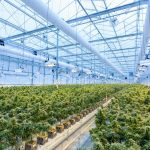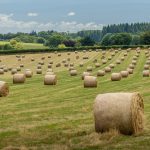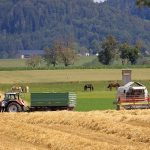
Agricultural plastics and their impact on the success of the crops in Almería

The use of plastics in agricultural practices has been implemented for some decades with very positive results, however, today there are those who believe that using them causes damage to the ecosystem and the environment. Is that the case? To present an argument the best way possible, we wanted to highlight the case of crops in Almería and how much the use of plastic films has allowed the cultivation of large acres that have become a green lung in the Mediterranean.
Almería as a strategic point for agricultural development in Spain
Before we discuss the topic any further, it is convenient to put ourselves in context. Almería is a region located in the southeast of Spain that has a territory with a semi-desertic climate where water is not usually abundant and average rainfall is 8.9 inches/year.
One of the characteristics that makes the region famous is because of its “sea of plastic,” but what is that all about? Well, this name has been given to it since it has an area of more than 74 thousand acres of greenhouse and tunnel structures with crop production; however, this only represents 3.4% of the full territory of the province covering more than 900 thousand hectares.
Over time, crops in Almería have become a reference point for other regions of the world that are also responsible for designing and implementing innovative strategies that are especially created to enhance and promote global agricultural work.
Also, the area of Almería is a recurring example of the benefits of biological pest control policies that are successfully implemented and sustained over time. For example, this practice was adopted a decade ago and applied on more than 80% of the land destined for greenhouses (approximately 62 thousand acres). According to data published on the website aenverde, Almería is the first Andalusian province to achieve a production of organic vegetables with almost 8,150 acres.
Organic agricultural production
Today, there are numerous reasons for agricultural producers to enter the world of organic farming and, certainly, one of them is the environmental factor since it is a more natural process able to set aside the use of fossil fuels by using clean energy such as solar energy.
Likewise, when agricultural plastics are used, these are usually reused in order to take full advantage of them and prevent wasting them when they still have a useful life, while the plant residues are also recycled to improve the quality and oxygenation of the soil. For this precise reason, the crops in Almería are part of an agricultural model that is considered the most up to date in the region due to its efficiency, respect for the environment and profitability.
According to information published on the website of the newspaper Diario de Almería, there are those who have conflicting opinions regarding the agricultural model of Almería, arguing that its contribution to the environmental sustainability of the planet is questionable as a result of catastrophic situations such as wildfires that ravage natural spaces in the world. In spite of that, the lands destined for greenhouses in this city are emerging as an example of the production model suggested and demanded by the United Nations (UN). “In fact, it could be said that agriculture in Almeria has been half a century ahead of the guidelines set by this agency.”
The benefits of agricultural plastics beyond specific cultivation
But beyond considering Almería a model of agricultural production to be followed, there are scientific studies that demonstrate that the use of plastics films in greenhouses are twice as beneficial to improve the quality of the environment, since they manage to reduce the average annual temperature considerably by -0.25 oC and increase the reflection coefficient for solar radiation, known as albedo.
Likewise, and it happens to be one of the most important factors, the use of agricultural plastics has been able to reduce the increase in CO2 due to the accumulation of carbon by the plants, which is why each 2.47 acres of greenhouse is able to fix between 8 and 10 tons of CO2 per year, which means that each 2.47 acres absorbs the daily emissions of 8 cars.
In addition to air and land quality, another aspect that constitutes a great concern for experts in the ecological area is the water footprint. According to the website aenverde the average for Spain rises up to 1052553.6 cubic feet per capita, while in Almería it descends to 54843.68 cubic feet. This demonstrates the commitment that farmers have in the province with the sustainable consumption of water and the efficiency of irrigation mechanisms for crops in the greenhouses of the province.
Generally speaking, farmers in Almería have been concerned with creating appropriate strategies to reuse water such as sewage collection, desalination plants, sandblasting, drip irrigation and fertigation, which are perfected with computer controls and sensors that make a water footprint 20 times smaller than in the rest of Spain.
A certified agricultural model
The Almería crop model is certified in terms of production, marketing and distribution processes. An example of this are its farmers who for the most part comply with the certification systems or standards for best practices, mainly the GlobalGAP, UNE 155,000, the integrated production of the regional Government of Andalusia (Junta de Andalucía), QS, GRAP and ISO 9000, among others. These are very demanding norms that have transformed Almería into the place with more laboratories devoted to agricultural analysis that are responsible for reviewing the maximum residue limits (MRL).
Almería is also the region with the highest rate of agricultural engineers per farmer in all of Europe, guaranteeing the value of its products and managing to be a benchmark in terms of quality and food safety.
One of the reasons why this region contributes to preserve the environment is that it seeks to further promote the practice of transparent agriculture that relies on the use of traceability methods and processes in greenhouses. Even if it may not seem to be the case, this has an impact on the taste and nutritional value of the products harvested.
For all these reasons, the horticulture practiced under greenhouses in Almería is not only one of the most advanced in the world, but also the most respectful practice in terms of the environment.

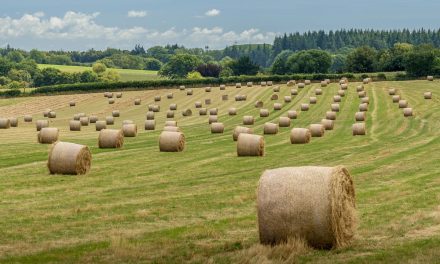
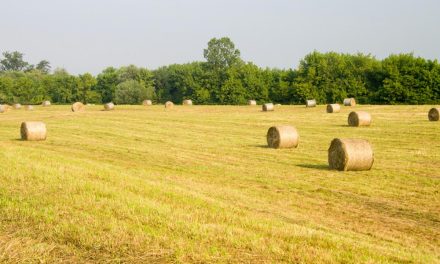

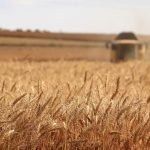
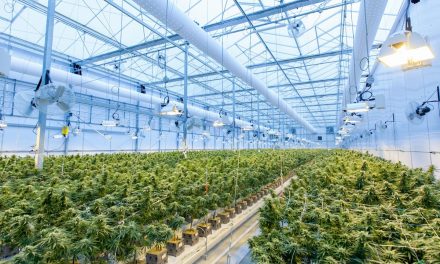
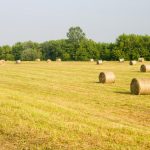

![[eBook] Sustainability and water management](https://agriplasticscommunity.com/wp-content/uploads/8_550x310_ENG-440x264.png)
![[eBook Trends in Agriculture Plastics] Increasing use of biodegradable mulch](https://agriplasticscommunity.com/wp-content/uploads/550 × 310_2_ENG-150x150.png)
![[eBook Trends in Agriculture Plastics] Reducing the plastic used in the manufacture of agricultural films](https://agriplasticscommunity.com/wp-content/uploads/550 × 310_1_ENG-150x150.png)



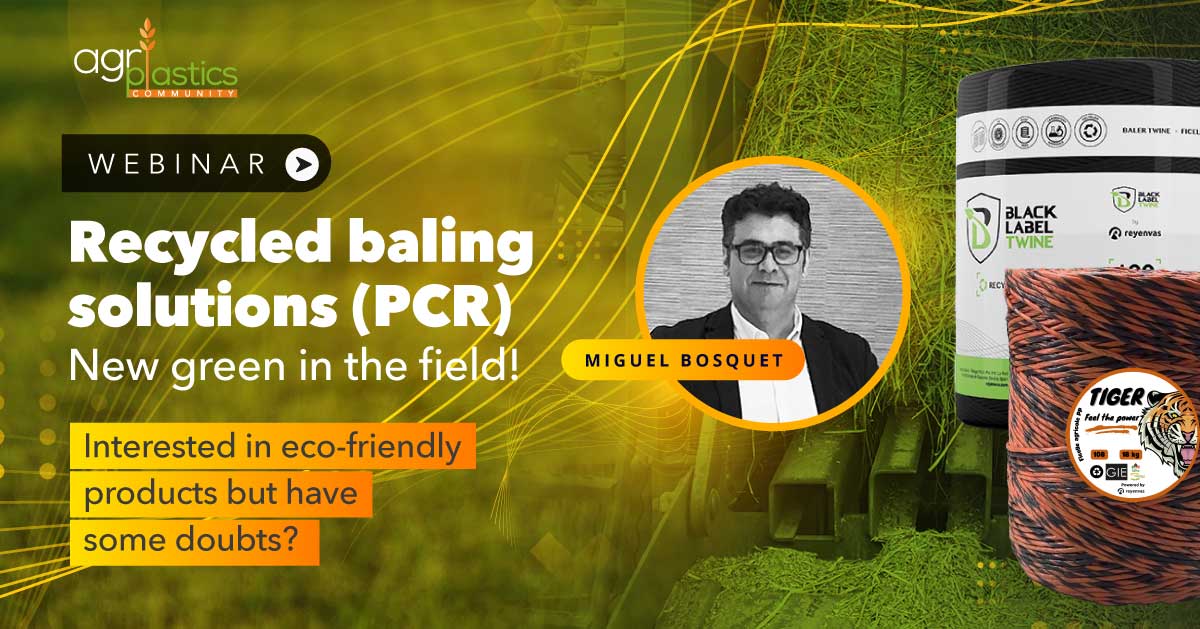
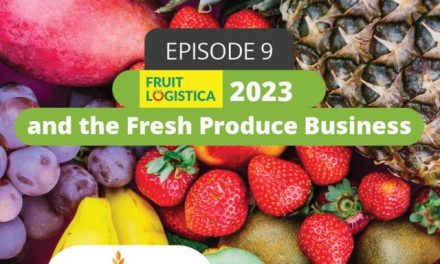

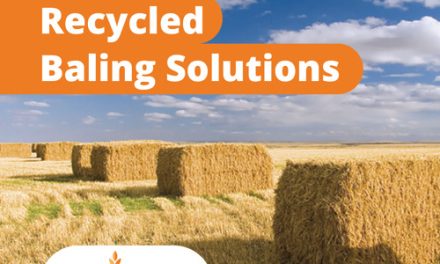




![[eBook Trends in Agriculture Plastics] Increasing use of biodegradable mulch](https://agriplasticscommunity.com/wp-content/uploads/550 × 310_2_ENG-440x264.png)
